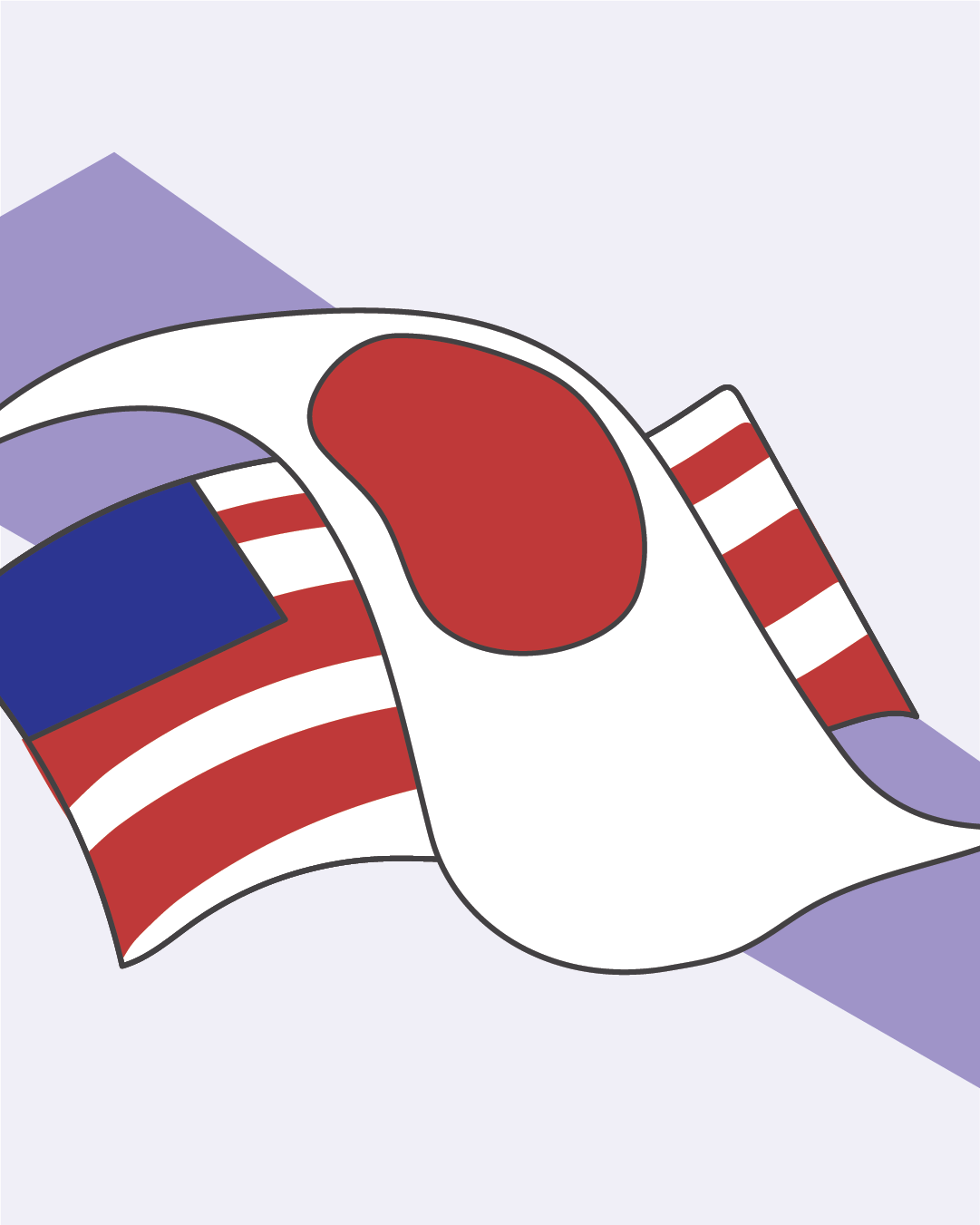
Asian media is more popular than ever before. Anime, K-pop, manga and more: what were once niche hobbies have now caught on and become mainstream. But their popularity has also seen a rise in those admiring or even borderline obsessing over the countries from which they originate.
A classic case example of this is Japan. Japan enjoys its fair share of admirers. Whether it is a boomer sharing a Facebook post about how Japanese children learn to do calculus in the womb, or your classic otaku teenager who enjoys watching anime, Japanophilia permeates many levels of our society. For many, Japan is the blueprint for what a society should look like: high tech, utopian, and defined by novelty. But the stark reality is that a lot of these perceptions of Japan are not formed from actual cultural engagement, but rather wishful fantasies based on media and entertainment. In its milder form, it can be a general stereotyping of Japan and Japanese people. But in its more extreme form, it can be a form of escapism for many people discontent with their lives in the West. After all, who wouldn’t want to live in a place so cool and perfect? Like every other society on the planet, Japan has its own unique issues. Far from a utopian paradise, Japan grapples with many problems such as a low birth rate, high rates of xenophobia, a toxic work culture, and an unsettlingly high suicide rate.
That’s not to say that there is anything inherently wrong with Japan. I myself am a huge fan of Japanese culture and practice one of their traditional arts. But it does reinforce the idea that no society is perfect. It is easy to reduce Japan and its people to one-dimensional caricatures based on stereotypes. However, the reality is that though media can be an introduction to a culture, it is rarely the whole story.